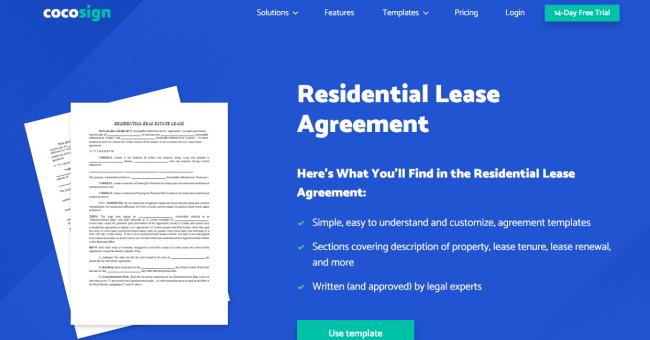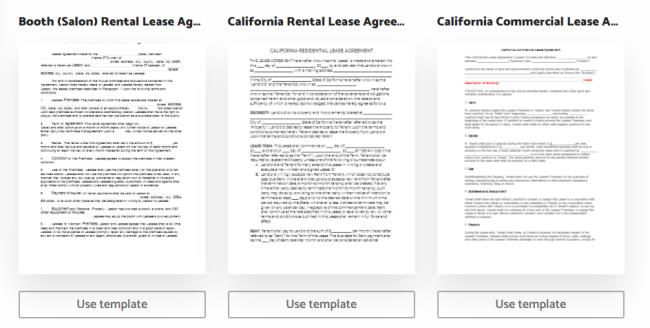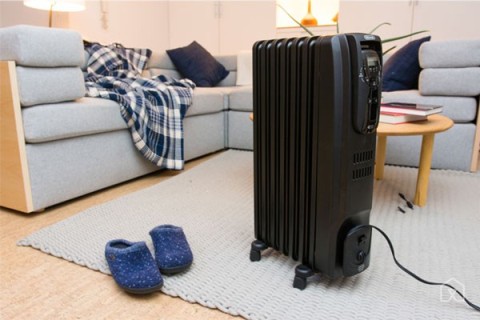Renting out your home is a perfect way to supplement your salary. If you have an empty room, renting it out helps you make money while still owning it, which is a win-win scenario! That being said, if this is your first time, you might have some concerns about how to locate landlords, calculate rent, and draft a legal agreement, among other things.
To make it simpler for you, we've put together a concise guide to renting out your home that answers all of these questions and more.
1. Understand the Law
This first rule's significance cannot be overstated. Safety deposits, evictions, and whether you may access the property after a resident has taken up residency are all governed by state statute, and often by county and local law as well.
Renters have unique, formalized rights that differ from place to place, and if you breach any of these, you might end up in jail. Your local housing department might have pre printed overviews of the laws in effect where you live, or it may be able to point you in the right direction.
2. Make the house ready
If you've children, you're familiar with the concept of baby proofing, which entails meticulously walking through and room to ensure that it is healthy for your child. To have your whole home, as well as your rental space, ready to present to strangers, you'll need to go through a similar method.
-
Each room door should have a keyed deadbolt installed. (Secure your doors with SmartKey locks.)
-
To avoid lockouts, eliminate self-locking door handles.
-
Fix something that requires some tender loving care. It's time to replace the microwave if it won't turn on until you touch it on the edge.
3. Make use of a formal lease agreement
Rather than an oral agreement, create a signed contract. A verbal agreement is difficult to assert in court and everybody recalls it differently.
A lease agreement typically includes the homeowner's and tenant's contact details, the length of the contract they have settled to, a summary of the rented house, the monthly payment, the value of the down payment, the monthly timeline, payment method, banking information, the rate of yearly rate changes, and the advance amount charged by the tenant.

If you are looking for a lease agreement or Proof of residency form, CocoSign is your best friend. It offers everything one needs. Cocosign is a well-known brand that is widely being used in more than 190 countries to connect and sign free arrangements online.
For its outstanding services, it has been highlighted by global news sources such as Forbes, Tech Advisor, and the New York Times, among others.

There are hundreds of agreement templates on CocoSign. Signup for a free account to get started with it!
4. Use your instincts, but don't be picky.
Consider what questions you'd like to ask a new renter at your first meeting. Investigate each applicant's condition and search for inconsistencies throughout their tale.
If the claimant claims to work or be a student, demand confirmation in the form of pay stubs or evidence of college attendance. Often, be that you get referrals and contact details from former landlords—and then call them.
5. Advertise Your Property
Advertise your rental property to attract potential renters. There are two options if you need to lease out your home quickly.
You have the option of using an agent to lease out your home or listing it on an online real estate site. If you want to hire a real estate agent to rent out your home to clients, do your research first and then choose one based on their quality, the services they provide, and the price they charge.
You should also dig a few of the warning signals that can assist you in identifying poor mortgage brokers.
6. Get insurance
Natural hazards have a much greater impact on single-family residences than they do on city housing. You, as the landlord, also made a financial investment in the structure's efficiency. At the very same time, these issues have an effect on the tenant's wellbeing.
A potential occupant will have peace of mind if you have documentation demonstrating that the property is secured, up to standards, and has passed the requisite municipal inspections. It would also display a greater degree of integrity.
7. Make a set of ‘House Rules
In your contract, be very specific about what you want from your renters. Anything from the number of vehicles to the colour of the paint can be governed by law. It's still your place and you can decide whatever you decide is final.
Wrapping Up
Don't give up just because you're tired and things aren't going right. The truth is that real estate is indeed a long-term investment. To get it to the up time, you must first get past the down times.
















